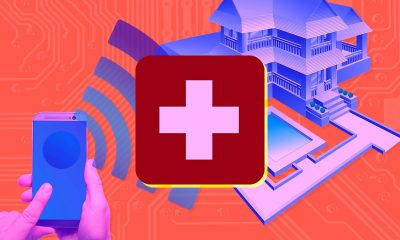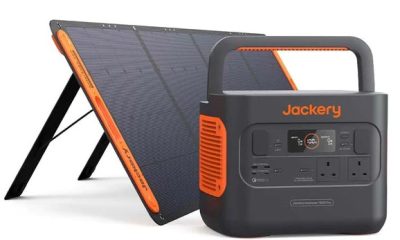

How to Set Up a Smart Weight Scale with Google Assistant: Your Step-by-Step Guide Introduction In today’s fast-paced world, staying on top of your health and...


How to Track Your Blood Sugar Level with a Smart Glucometer Introduction Maintaining a healthy blood sugar level is crucial for individuals with diabetes and prediabetes....


How to Use a Smart Blood Pressure Monitor with Alexa: Getting Started Smart blood pressure monitors have revolutionized the way individuals can monitor their cardiovascular health...


Understanding Smart Home Healthcare: Revolutionizing Healthcare Delivery Introduction ( What Is Smart Home Healthcare? ) In the era of rapid technological advancements, the way we...


Setting Up a Smart Doorbell with Amazon Alexa: A Complete Guide Introduction (How To Set Up Smart Doorbell With Amazon Alexa) Smart home technology has revolutionized...


How to Choose the Right Smart Home Devices for Your Needs Introduction (Choose the Right Smart Home Devices for Your Needs) In our increasingly interconnected world,...


Are Floating Solar Farms Better Than Land-based Ones? What are Floating Solar Farms? A floating solar farm is a photovoltaic (PV) system that is mounted on...


Top Best Solar Generators For Off-Grid Living In 2023 Welcome to the world of sustainable energy solutions! In 2023, the demand for off-grid power sources has...


How To Set Up A Smart Home: Guide To Modern Living Introduction In today’s fast-paced world, technology has found its way into nearly every aspect of...


How To Troubleshoot Solar Panel Problems Understanding the Basics of Solar Panel Troubleshooting Introduction Solar panels have become an integral part of our quest for clean...